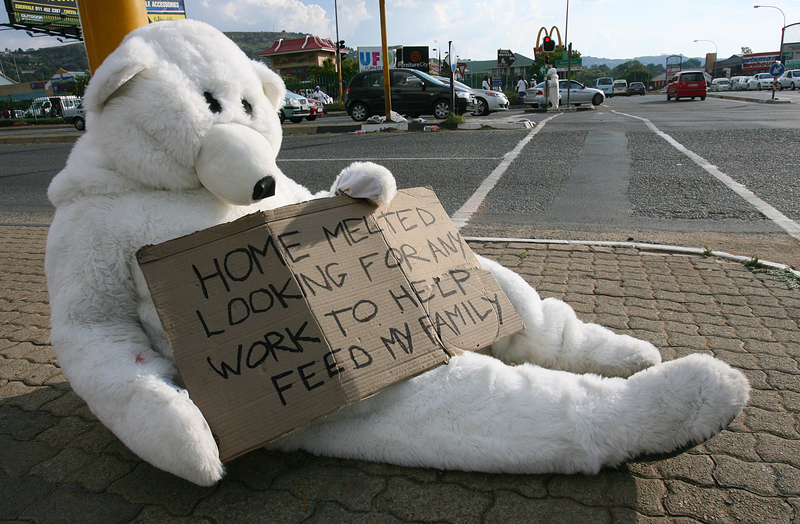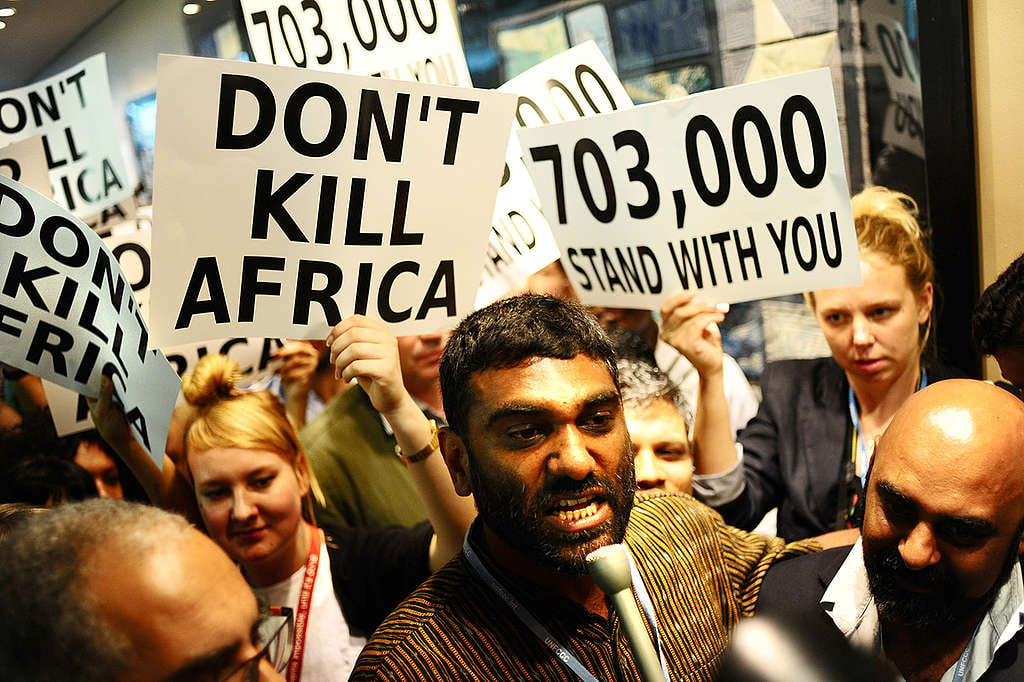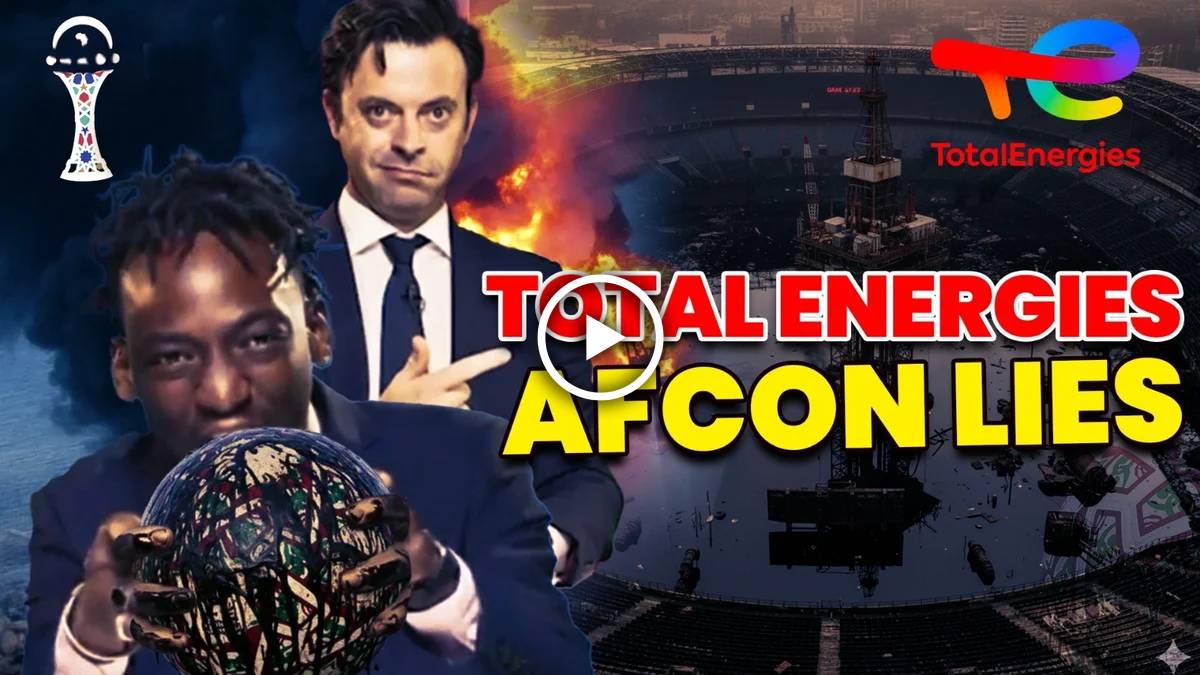Talking about climate change requires critical language skills. Is it really an accurate way to describe one of the planet’s biggest existential threats?

Three years ago, I was still putting together lesson plans to teach critical language skills to Grade 11 students in my English class. My classroom was undeniably government-funded: Sparse, barely any decorations, mountain upon messy mountain of marked and unmarked papers on my desk. If I could teach one more English class, I would put together a lesson on the term climate change and why we have given it up for the honest climate crisis or climate emergency.
I would probably open the lesson with a well-known quote from Ancient Greek philosopher Heraclitus written on the board: “No man ever steps in the same river twice, for it’s not the same river, and he’s not the same man.” I would ask them to freewrite on it for a couple of minutes before opening up the question for the nitty-gritty language work: what’s the difference between change and an emergency?
Climate change is as good as a holiday
A group of Grade 11s, after being placated with a brief writing exercise, would be able to hazard a guess at a definition for the words change, crisis, and emergency. The real language-nerd fun starts when we broaden the cognitive scope of our questions: what do we associate with change? What do we associate with crisis? What do we associate with emergency? I can practically hear their hands shooting up with answers: Natural! Normal! Inevitable! Urgent! Danger! Solutions (also the name of their textbook)!
We don’t have to be in an English classroom to ask the next question: what do we associate with the term climate change? What do we associate with the terms climate crisis and climate emergency? If the climate is changing, we are already primed by the terminology to accept it as an inevitability; to allow the river to move around us.
But a crisis? An emergency? These things require action! A crisis must be solved! An emergency must be dealt with! Ditching climate change as the label for our biggest existential threat in recent memory may be essential in truly helping people see the solution to the climate crisis: taking bold, decisive action that may be a little scary.
Climate change is so passé – The Guardian said so!
To reflect this reality of critical language usage, British news and media website The Guardian updated their editorial guidelines last year. This means a few things. First, there are people in influential media outlets who are aware that the climate crisis requires action, and it needs to be reflected in the way we talk about it. Second, there is a narrative shift taking place before our very eyes. The story we tell is not that the climate is changing and that we are tagging along for the ride; rather, we are living through a climate emergency and we need to act, urgently.
Another fun update includes referring to climate skeptics as they really are: climate deniers, or climate science deniers. There is no more room for debate on the climate crisis. These people are no longer being afforded the linguistic luxury of claiming skepticism about climate change; they don’t get to decide anymore that an existential threat (not only to us, but countless other species of animal and plant wildlife), backed up by thousands of scientists, requires further debate. You know, in case we missed something.
We haven’t missed anything. The science is clear. Now, our language reflects it.
Climate change adaptation is not good enough
Shifting our terminology towards accuracy and truth must be followed by overhauling the systems that lock us into the climate crisis. Most governments talk about adaptation to climate change, but this comes with its own set of issues rooted in the reasons we stopped calling it climate change.
By adjusting current systems so that they can withstand climate change (as South African President Cyril Ramaphosa has said once or twice in a broadly televised speech or two), we imply a few very serious things: first, that climate change will inevitably happen and that we can but brace ourselves for the onslaught; second, that we are okay with this, including the compound injustices that will continue; third, that we can continue business-as-usual and leave it up to the powers that be to show us how to adapt.
You may be drawn to Greenpeace Africa’s fight because, like me, you are not okay with those implications. Hopefully, you are now armed with the critical language skills to correct your climate denier uncle, and we all have one. And when he learns from you that the correct term is climate crisis, you can direct him to this pledge.





Discussion
Excellent article. However, why is it only the ‘man in the street’ and never our leaders (six) who see the problem??!
Thank you for your support. That is a really good question Maureen 🤷♀️, it is time our African governments take action against climate change.
Climate change is broad subject that GOP and trumpets do not believe is happening. These ppl that will not learn and have to be told about pollution. Polluting vehicles and coal power plants need to go to the museum and be replaced by EVs and renewable energy. However engine enthusiasts could move over to using alcohol and bio fuel. Like Brazil. The need to stop polluting is now not 20 years from now GOP
Thank you for sharing with us. Indeed, we need to switch to renewable energy sources.